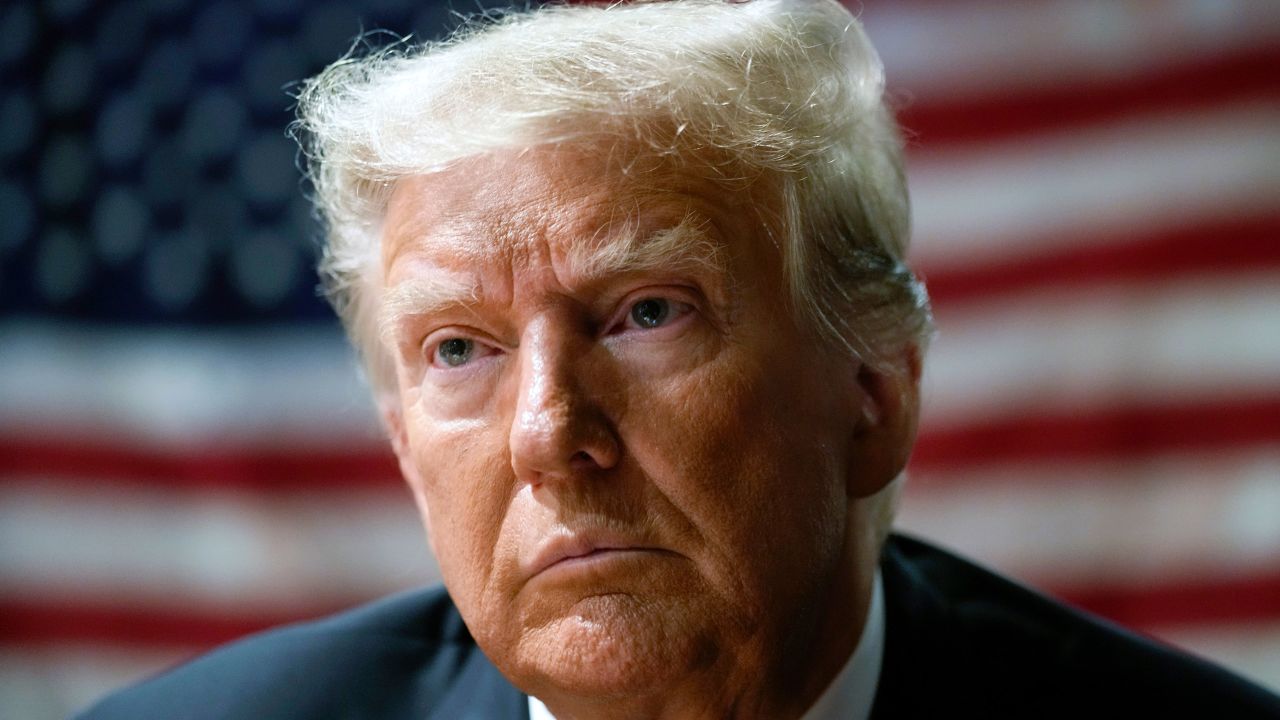
Edson Baraukwa | Africa Guardian
During his first term, Donald Trump made his disdain for Africa clear, famously referring to many nations on the continent as “shithole countries” during a 2018 meeting with senators. If Trump intends for his second-term legacy to include countering China’s global rise, he cannot afford to ignore Africa’s strategic importance any longer.
Africa’s Resources: The Key to the Future Economy
The Democratic Republic of Congo (DRC) holds resources critical to the modern industrialized world. Cobalt, essential for lithium-ion batteries that power everything from smartphones to electric vehicles, is as vital to the 21st century as Saudi Arabia’s oil was in the 20th. Additionally, the DRC boasts tantalum for electronics, germanium for semiconductors, and a wealth of other rare earth minerals like copper, gold, diamonds, and uranium. With an estimated $24 trillion in untapped resources, the DRC is central to any strategy to challenge China’s dominance.
And it’s not just the DRC. Somaliland, an aspiring democracy aligned with Western values, has significant reserves of gas, oil, and rare earths. Mozambique’s natural gas discoveries rival those of Iraq and Kazakhstan, while nations like Angola, Tanzania, Gabon, and Zambia remain rich in resources critical to global markets.
Challenging China’s Grip on the DRC
To counter China’s influence in Africa, the U.S. must start with the DRC. While the Trump administration once praised DRC President Felix Tshisekedi, critics argue he is a corrupt leader beholden to Beijing. Tshisekedi’s administration has faced allegations of awarding lucrative contracts to China, procuring Chinese weaponry, and accepting bribes. By opposing constitutional revisions that would entrench Tshisekedi’s rule, Trump could align with the Congolese people and institutions like the Catholic Church.
The next administration should take bold steps. Senator Marco Rubio, as a potential Secretary of State, could invoke the Global Magnitsky Act to sanction Tshisekedi and his allies. These actions would signal a firm stance against China’s unchecked exploitation of Africa’s mineral wealth.
Recognizing Somaliland: A Strategic Imperative
The Biden administration’s Africa policy has often appeared to favor U.S. rivals, prioritizing Somalia over Somaliland despite the latter’s strong pro-Western stance. Somaliland offers the U.S. a strategic advantage, including a ready-made airfield, one of Africa’s most efficient deepwater ports, and a government committed to combating arms smuggling and terrorism.
Meanwhile, Somali President Hassan Sheikh Mohamud has been accused of channeling U.S. aid to advance Beijing’s interests. Trump must address this imbalance by recognizing Somaliland’s sovereignty and leveraging its assets to counter Chinese and Russian activities in the region.
Supporting African Allies
Not all of Biden’s initiatives have been missteps. The U.S.-backed Lobito Corridor, which shifts trade routes in southern Africa away from Chinese-controlled ports, is a promising project that deserves bipartisan support. However, Trump should adopt a more proactive approach, backing allies like Rwanda, which has led efforts to combat Islamic State-linked extremists in northern Mozambique. Supporting stable, pro-Western partners like Rwandan President Paul Kagame, who prioritizes economic growth over pandering to Western critics, is crucial to U.S. success in Africa.
Africa: No Longer a Backwater
Africa’s significance on the global stage is undeniable. To ignore it is to risk ceding ground to China, whose access to Africa’s resources could cripple American industries and bolster Beijing’s military capabilities. Dismissing the continent is no longer an option.
For Trump, ensuring America’s future requires a robust Africa strategy that confronts China’s ambitions head-on, supports key allies, and capitalizes on the continent’s vast potential. The question is no longer whether Africa matters but whether the U.S. will seize the moment or fall behind.
___
